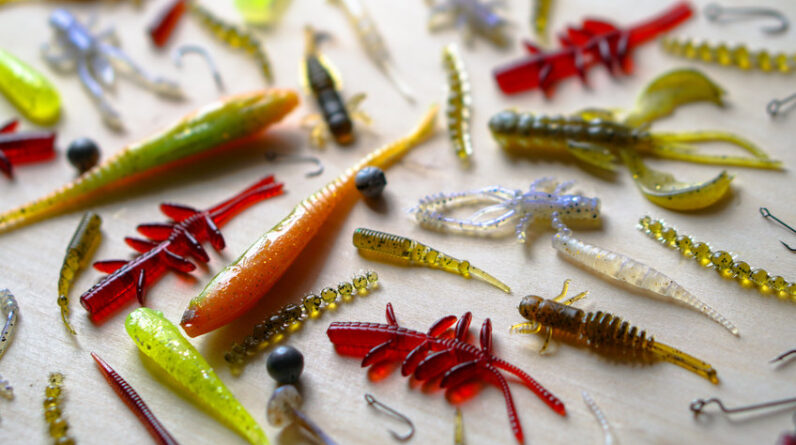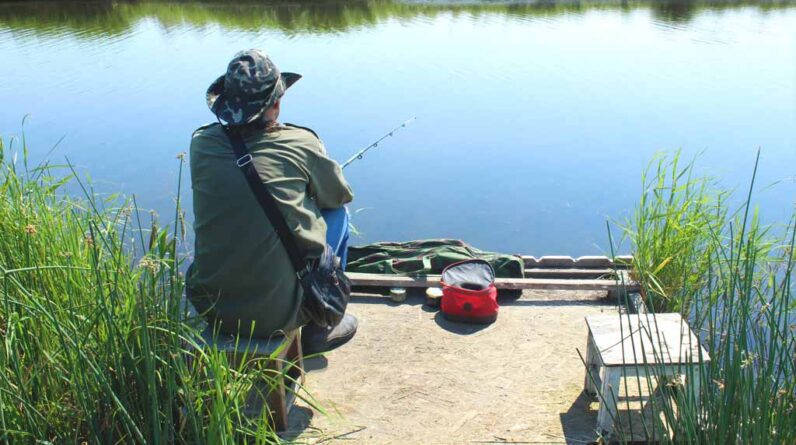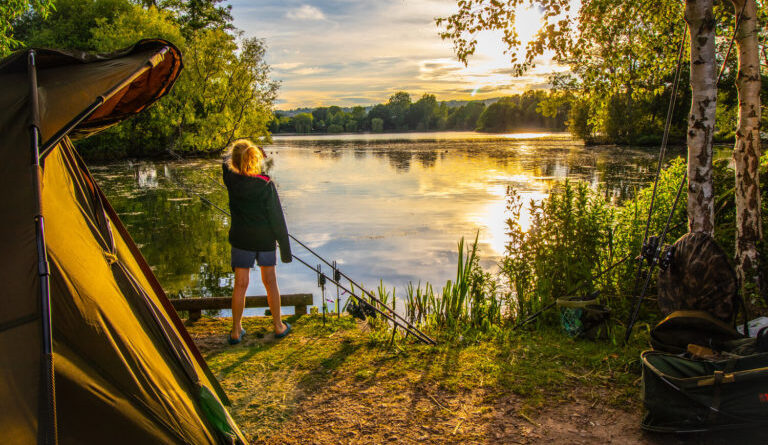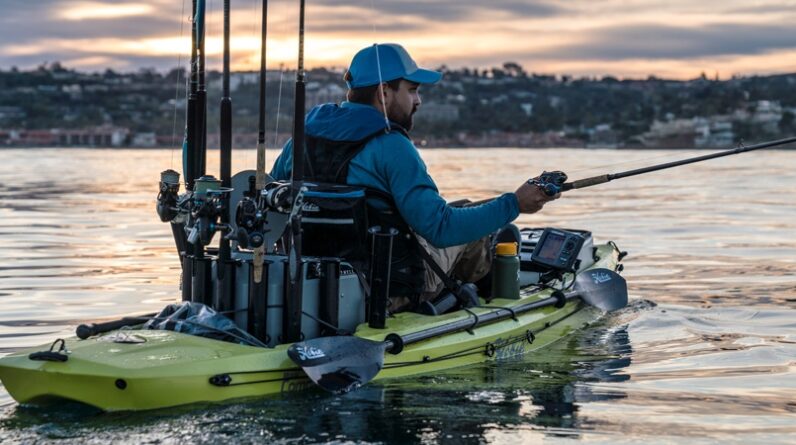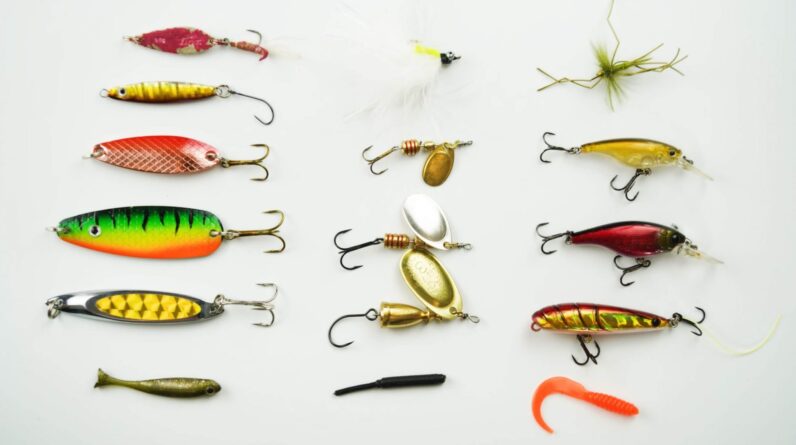Fishing is a time-honored tradition that brings families closer together while instilling patience, discipline, and a love for nature in children. Teaching kids how to fish is not only about catching fish; it’s about spending quality time outdoors, learning new skills, and creating lasting memories. This comprehensive guide covers everything you need to know to get started, from selecting the right gear to choosing the best fishing spots, and includes tips for keeping kids engaged and safe.
At CheerfulFisherman.com, our team is dedicated to providing great ideas, tips, and tricks to make your fishing trips more productive and enjoyable. In this guide, we focus on teaching the little ones how to fish, emphasizing that it’s more than just a hobby. It’s an opportunity to bond with family in the great outdoors, away from screens and electronic distractions.
Teaching kids to fish can foster a lifelong appreciation for nature and environmental stewardship. We cover essential topics such as picking the right equipment for young anglers, understanding local fishing regulations, and practicing catch-and-release to ensure future generations can enjoy fishing as well. You’ll also find advice on how to make the experience fun and educational, like turning the trip into a mini biology lesson or incorporating games to keep children excited and motivated.
Fishing with kids also provides a platform to teach valuable life skills such as patience, perseverance, and problem-solving. By spending time together on the water, families can create cherished memories and traditions that last a lifetime. So grab your fishing rods, pack some snacks, and get ready for an adventure that will bring you closer to your kids and to nature.
Table of Contents
- Why Teach Kids How to Fish?
- Choosing the Right Gear
- Finding the Perfect Fishing Spot
- Preparing for the Trip
- Teaching the Basics
- Keeping Kids Engaged
- Safety Tips
- Fishing Etiquette
- Catch and Release
- Building a Lifelong Hobby
Why Teach Kids How to Fish?
Fishing offers numerous benefits for children, including:
- Connection with Nature: Fishing gets kids outside, away from screens, and into nature. It provides an opportunity to learn about aquatic ecosystems and wildlife.
- Life Skills: Patience, problem-solving, and perseverance are just a few of the life skills that fishing helps to develop.
- Family Bonding: Fishing is a great way for families to spend quality time together, creating memories that will last a lifetime.
- Relaxation and Stress Relief: Being near water and engaging in the rhythmic activity of fishing can be incredibly calming and a great way to relieve stress.

Choosing the Right Gear
Fishing Rods and Reels
Selecting the right fishing rod and reel for your child is crucial to ensure they have a positive experience.
- Rod Length: For younger children, a rod length of 4 to 5 feet is ideal. Older children can handle rods that are 5 to 6 feet long.
- Reel Type: Spincast reels are the best choice for beginners due to their ease of use. They have a push-button mechanism that simplifies casting.
- Rod Power and Action: Choose a rod with light power and moderate action. This ensures the rod is sensitive enough to feel bites but sturdy enough to handle a fish.
Tackle and Bait
- Hooks: Use small, barbless hooks to make it easier to remove them from the fish’s mouth and reduce injury.
- Bait: Live bait like worms, crickets, and minnows are excellent choices. Artificial lures can also be effective and are less messy.
- Bobbers and Weights: Bobbers help kids know when they have a bite, while weights ensure the bait sinks to the desired depth.
Safety Gear
- Life Jackets: Always have children wear life jackets, especially when fishing near deep water or from a boat.
- Sunscreen and Hats: Protect kids from the sun’s harmful rays with sunscreen and hats.
- First Aid Kit: Be prepared for minor injuries with a well-stocked first aid kit.
Finding the Perfect Fishing Spot
Local Ponds and Lakes
Local ponds and lakes are excellent places to start fishing with kids. They are usually calm and have easy access points. Look for areas that are not crowded to ensure a more relaxed experience.
Rivers and Streams
Rivers and streams can provide a different fishing experience. Look for slow-moving sections where fish are more likely to gather. Ensure the area is safe for children to navigate.
Fishing from a Boat
Fishing from a boat opens up more possibilities, but it also requires extra precautions. Make sure the boat is equipped with all necessary safety gear and that everyone on board wears a life jacket.

Preparing for the Trip
What to Pack
- Fishing Gear: Rods, reels, tackle box, bait, and a net.
- Safety Gear: Life jackets, sunscreen, hats, and a first aid kit.
- Comfort Items: Chairs or a blanket to sit on, insect repellent, and extra clothing layers.
- Entertainment: Books, games, or toys for downtime.
Clothing and Sun Protection
Dress children in lightweight, long-sleeved shirts and pants to protect against the sun and insects. A wide-brimmed hat and polarized sunglasses can provide additional protection.
Food and Drinks
Pack plenty of water and snacks to keep everyone hydrated and energized. Healthy options like fruit, nuts, and sandwiches are ideal. Avoid sugary drinks and snacks that can lead to energy crashes.
Teaching the Basics
Casting
- Grip: Show your child how to hold the rod with both hands, with the reel on top.
- Position: Have them stand with their feet shoulder-width apart.
- Swing: Demonstrate how to swing the rod back and then forward, releasing the line at the right moment.
Reeling In
Teach your child to reel in slowly, keeping the line taut but not too tight. Explain how to feel for bites and what to do when they feel a tug.
Handling Fish
- Wet Hands: Always wet hands before handling a fish to protect its slime coat.
- Remove Hook: Show how to carefully remove the hook using pliers.
- Release: If practicing catch and release, gently return the fish to the water.
Keeping Kids Engaged
Fun Activities
- Scavenger Hunt: Create a nature scavenger hunt to keep kids engaged between bites.
- Photography: Let children take pictures of their catches and the scenery.
- Storytelling: Share fishing stories or make up your own.
Making It Educational
- Wildlife Identification: Teach kids to identify different fish species and other wildlife.
- Environmental Stewardship: Explain the importance of keeping waterways clean and respecting nature.
Celebrating Success
- Fish Journal: Keep a journal of the fish caught, including drawings and notes.
- Rewards: Small rewards like stickers or a special treat can make the experience more exciting.

Safety Tips
- Supervision: Always supervise children near water.
- Weather Awareness: Check the weather forecast and be prepared to leave if conditions worsen.
- Hydration and Breaks: Ensure kids drink plenty of water and take breaks to avoid fatigue.
Fishing Etiquette
- Respect Others: Give fellow anglers space and keep noise to a minimum.
- Leave No Trace: Clean up all trash and fishing line to protect the environment.
- Follow Regulations: Adhere to local fishing regulations, including size and bag limits.
Catch and Release
- Use Barbless Hooks: Easier to remove and less harmful to fish.
- Quick Release: Handle fish gently and return them to the water promptly.
- Revive Fish: If a fish appears tired, hold it gently in the water until it swims away on its own.
Building a Lifelong Hobby
Fishing can become a lifelong hobby that provides countless hours of enjoyment. Encourage children to continue learning and exploring different types of fishing, from fly fishing to deep-sea fishing. Join local fishing clubs or participate in community events to further their interest and knowledge.
By following this comprehensive guide, you can ensure that your child’s introduction to fishing is a positive and memorable experience. Whether it’s their first catch or their hundredth, the joy of fishing is a gift that will last a lifetime.


